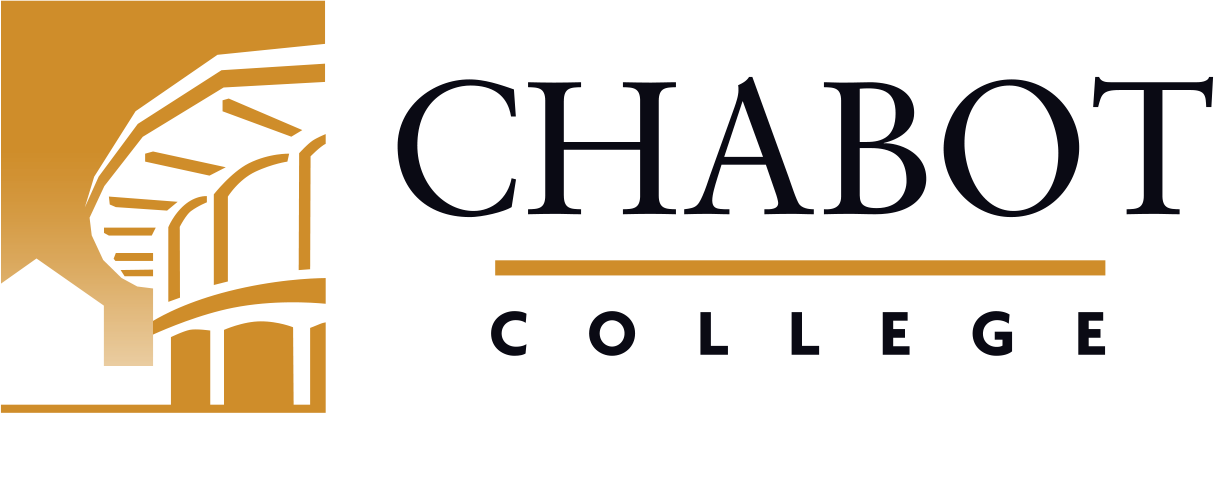
Course Outline for Dental Hygiene 40
Introduction to Dental Hygiene
Effective: Spring 2019
SLO Rev: 04/16/2018
SLO Rev: 04/16/2018
Catalog Description:
DHYG 40 - Introduction to Dental Hygiene
1.00 Units
Introduction to the practice and profession of dental hygiene. Emphasis on communication skills, dental terminology, and patient education. Includes overview of the head and neck examination, prevention of oral disease, and infection control.
1240.20 - Dental Hygienist*
Letter Grade Only
| Type | Units | Inside of Class Hours | Outside of Class Hours | Total Student Learning Hours |
|---|---|---|---|---|
| Lecture | 1.00 | 18.00 | 36.00 | 54.00 |
| Total | 1.00 | 18.00 | 36.00 | 54.00 |
Measurable Objectives:
Upon completion of this course, the student should be able to:
- identify gross structures of the head and neck;
- list the standard precautions for infection control;
- list common oral hygiene aids/tools used in the prevention of oral disease;
- provide basic patient education and/or oral hygiene instruction;
- demonstrate effective communication techniques.
Course Content:
- Terminology
- Dental Terms
- Common Abbreviations
- Infection Control
- Handwashing
- Personal protective equipment
- Transmission of disease
- Standard precautions
- Extraoral/intraoral Examination
- Gross structures of the head, neck, and oral cavity
- Palpation techniques
- Performing examination
- Communication skills
- Verbal
- Nonverbal
- Written
Methods of Instruction:
- Class and group discussions
- Lectures
- Practice/Demonstration
- Presentation of audio-visual materials
- Group Activities
Assignments and Methods of Evaluating Student Progress:
- List and demonstrate the infection control procedures that dental hygienists must use to ensure protection against exposure and transmission of infectious diseases.
- List and identify the gross structures of the head, neck, and oral cavity.
- Research an oral hygiene aid/tool and write a two page paper on how the tool is used and its effectiveness in preventing oral disease.
- Group Projects
- Written assignments
- Midterm Examination
- Final Examination
Upon the completion of this course, the student should be able to:
- Demonstrate effective communication techniques when providing patient education.
Textbooks (Typical):
- Jill Gehrig (2017). Patient Assessment Tutorials: A Step-by-Step Guide for the Dental Hygienist Wolters Kluwer.
Abbreviated Class Schedule Description:
Introduction to the practice and profession of dental hygiene. Emphasis on communication skills, dental terminology, and patient education. Includes overview of the head and neck examination, prevention of oral disease, and infection control.